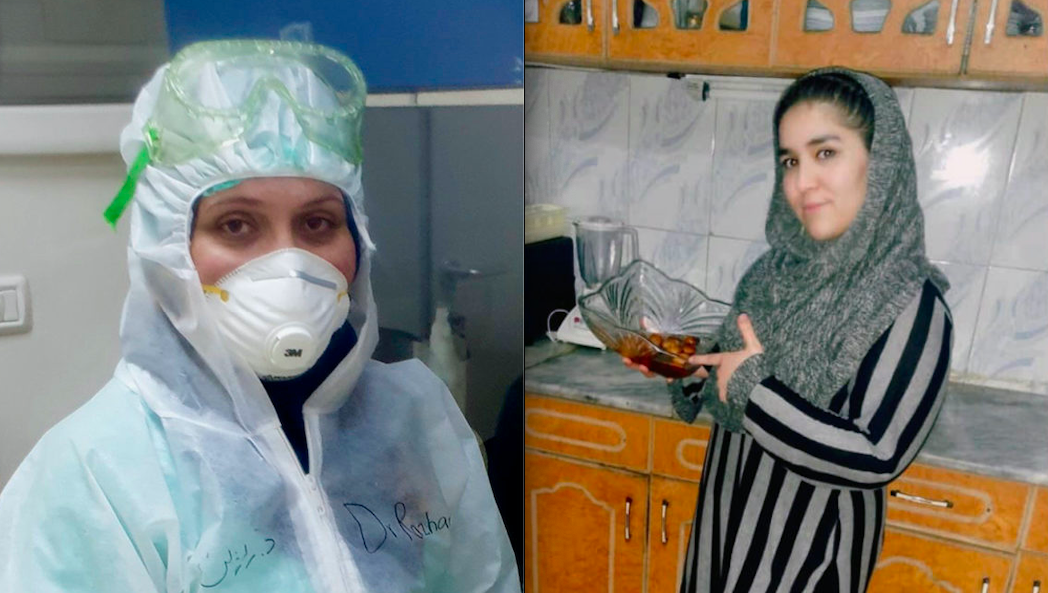Muslims around the world are currently observing Ramadan—Islam’s holiest month of the year—during which time, many choose to fast from sunrise to sunset as a way to “reflect on their lives, refocus their priorities and seek to nourish their relationship with God through prayer and sacrifice.” In this piece from The GroundTruth Project, three women living in Iraq, Afghanistan, and Palestine share how the pandemic has forced them to adapt both their daily lives and their religious practices.
Part of a collaboration between Religion News Service and The GroundTruth Project exploring how faith communities around the world are adapting to COVID-19, supported by a grant from the Henry R. Luce Initiative on Religion in International Affairs.
Three Muslim women — from Iraq, Afghanistan and Palestine — reflect on how coronavirus hardships reinforce the true meaning of Ramadan: mercy, compassion and peace. They are among the 1.8 billion people, nearly one quarter of the world’s population, preparing for the holiest month of the year.
Living in conflict settings has exposed each to suffering, forcing them to adapt to adversity and to strengthen their resilience — all things which give them a unique ability to reflect on transforming loss into opportunity.







